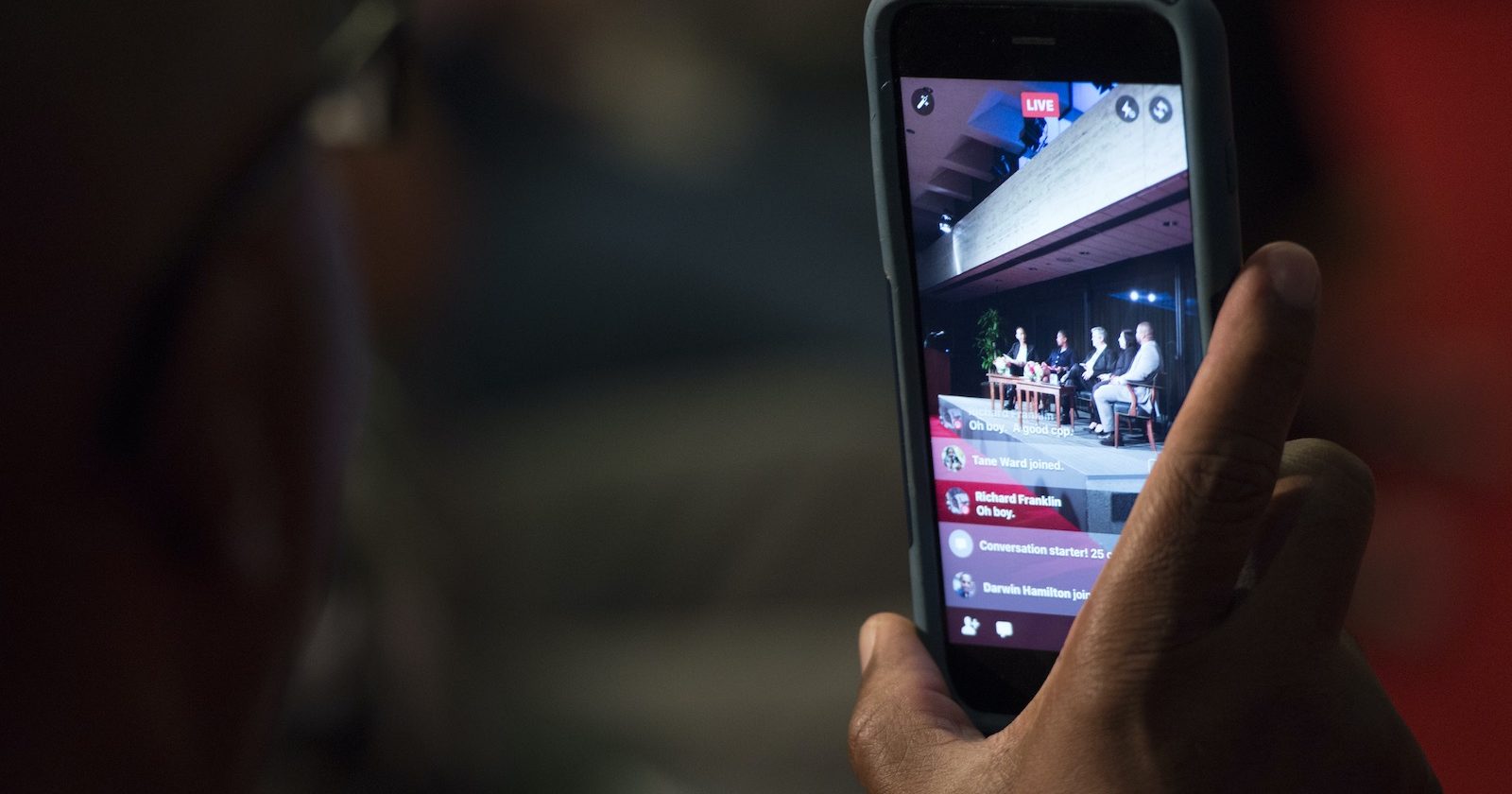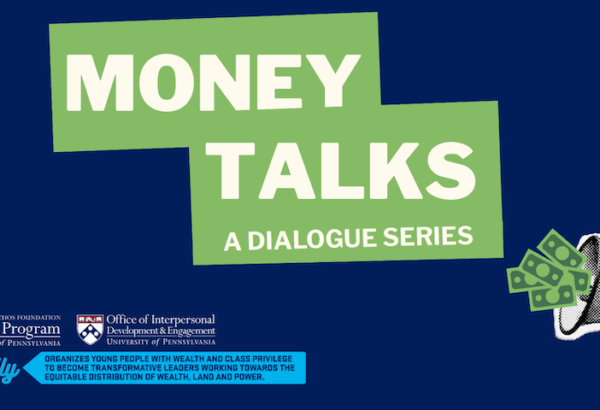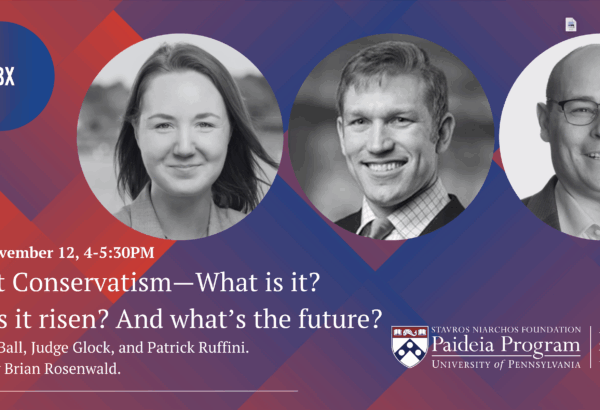Panel Conversation for Racism and Anti-Racism in Contemporary America
“Cultural and Media Systems: Voice, Representation, and Collective Memory in Mass Media, Digital Media, and Technology”
Panelists:
- John Jackson, Jr., Walter H. Annenberg Dean and Richard Perry University Professor
- Sarah Jackson, Presidential Associate Professor, Annenberg School for Communication
- Matthew Miller, Provost Post-Doctoral Fellow, City and Regional Planning
- Amy Hawn Nelson, Director of Training and Technical Assistance, Actionable Intelligence for Social Policy
Videos from prior panel discussions are available on YouTube.
Health and Wellness Disparities
 “Racism and Anti-Racism in Contemporary America” is a preceptorial designed to provide a broad overview of the causes and consequences of racism in the United States, as well as ways in which this deep-seated “stain” on American society has been and might better be addressed. While racism and other forms of discrimination affect people of various identities, and exist in different forms across the globe, the focus of this preceptorial is specifically on racism towards African Americans in the United States. We hope to develop future preceptorials addressing other forms and locations of discrimination and structural inequality in the future.
“Racism and Anti-Racism in Contemporary America” is a preceptorial designed to provide a broad overview of the causes and consequences of racism in the United States, as well as ways in which this deep-seated “stain” on American society has been and might better be addressed. While racism and other forms of discrimination affect people of various identities, and exist in different forms across the globe, the focus of this preceptorial is specifically on racism towards African Americans in the United States. We hope to develop future preceptorials addressing other forms and locations of discrimination and structural inequality in the future.
“Racism and Anti-Racism in Contemporary America” will consist of a unique series of 13 interdisciplinary conversations among leading scholars and practitioners drawn from a wide range of fields. Each conversation will focus on the ways in which institutional racism is deeply embedded in different parts of our economic, political, social, and cultural systems. While each conversation will have its own dynamic, all will be organized around three central questions:
- What is the current state of racial disparity regarding the topic?
- What are the root causes of this disparity?
- How has or might this disparity be best addressed?
See the full list of upcoming panel conversations.
A collaboration of the SNF Paideia Program, the Office of the Vice President for Social Equity & Community, the Office of the Provost, the Andrea Mitchell Center, Civic House, and New Student Orientation and Academic Initiatives as part of the Year of Civic Engagement.





